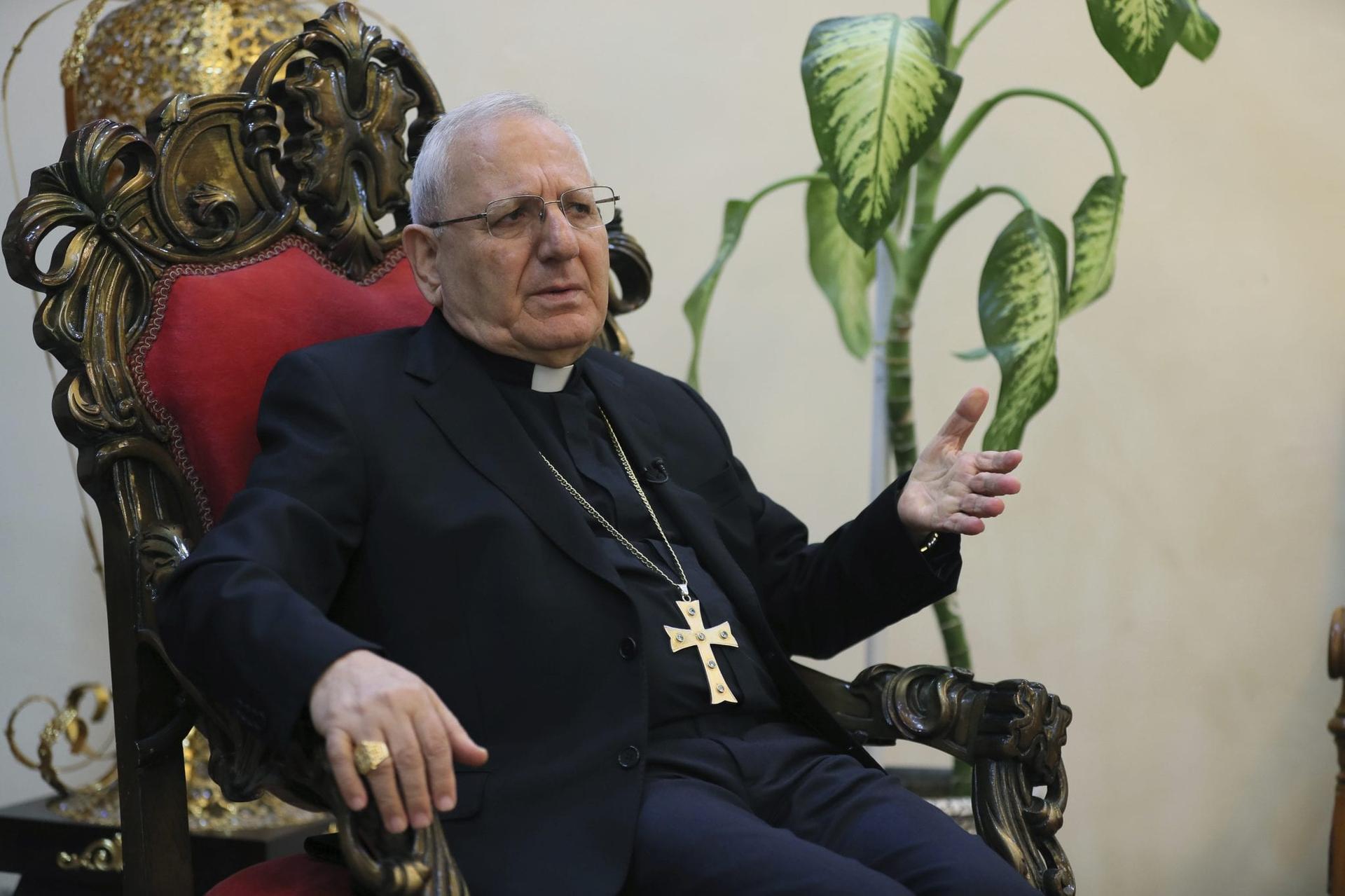ROME – As Iraq’s parliamentary elections continue to draw near, one of the country’s top prelates has stressed the importance of helping the nation to focus on fostering peaceful coexistence between the various religious and ethnic groups who have lived side by side for centuries.
In a June 14 statement, Cardinal Louis Raphael Sako, Patriarch of Babylon of the Chaldeans, insisted that thanks to globalization and increased contact with the diversity of cultures worldwide, “the issue of coexistence constitutes the common and central concern of peoples.”
“It is the guarantee of the unity of the plurality of society, its diversity, the coherency of national cohesion, and living together in interaction and harmony,” he said, stressing the need “to search for commonalities that help to understand, evaluate, and respect the other, and to avoid searching for differences that widen differences and division.”
“The issue of coexistence and the promotion of the values of moderation, tolerance, and respect is not a process of promoting ‘slogans,’ but rather a process of sustainable upbringing of people and building institutions,” he said.
In this regard, Sako said much still needs to be done “in matters of civil state and citizenship, social justice, and reconciliation.”
Pointing to Iraq’s rich history of diverse ethnic and religious communities living peacefully side by side for centuries, Sako said the current social climate, wrought with sectarian tensions, is far from where it needs to be, and must strive to regain the peaceful coexistence the country was once famous for.
“Today, Iraqis bemoan the old days, because they feel that the mentality of quotas, religious, sectarian, and ethnic exclusion, and political chaos has ruined their homeland, dismantled their society, and confused their future and the future of their homeland,” he said, adding, “They wish to have the will and ability to regain the coexistence they lost.”
In terms of how to get back to a state of true pluralism, Sako the legal and educational systems need a broad and in-depth reform.
“There is a need to enact new laws, especially with regard to personal status and freedom of belief, to be compatible with the religious, cultural, social and economic reality experienced by contemporary society,” he said.
An environment must be created for children to grow in a “healthy and integrated” environment, with people teaching them how to properly apply the teachings of their religion “and to respect the religion of their colleagues on the basis of brotherhood, citizenship” and with a good conscience.
To this end, Sako suggested making the United Nations’ Universal Declaration of Human Rights a regular part of educational curricula, holding workshops on it for students “to prevent being drawn into intolerance, extremism and hatred.”
He urged Iraq’s leaders and citizens to take advantage of Pope Francis’s March 5-8 visit to the country, during which the pope repeatedly issued calls for brotherhood, peace, and unity in diversity.
Part of fostering this sense of brotherhood and peaceful coexistence means distancing oneself from extremist or fundamentalist ideologies, Sako said, insisting that “Fundamentalism is not originality, that is, a return to the excellent roots.”
Rather, “fundamentalism means fanaticism and extremism, and it has become a dangerous ideology,” he said, noting that it often uses religions as a shield in order “to gain political and financial interests.”
“Fundamentalism believes in one color, rejects pluralism, and incites to abolish the other,” he said, saying this attitude “is alien to the nature of Iraqis and their civilization, which is characterized by pluralism and the respectful acceptance of others.”
“Therefore, it must be dismantled through the enlightenment of the tolerant religious message,” he said, and urged religious scholars and authority figures to speak out publicly in support of a pluralism based on mutual respect, reconciliation, and peace.
With Iraqi society still largely divided by sectarian attitudes, religious leaders have a responsibility to “highlight the richness of the diverse community, religiously, socially and culturally,” Sako said, noting that there are various passages in both the bible and the Qur’an that support this.
These passages ought to be included in religious curricula, he said, “because the essence of religion is belief in God and good treatment.”
“This healthy spiritual relationship will facilitate coexistence in a multi-religious country on the basis that they are all brothers and children of one creator who created them differently,” he said, adding that it will also help citizens “to live together in tolerance, love, and solidarity,” thus strengthening society as a whole.
Follow Elise Ann Allen on Twitter: @eliseannallen















